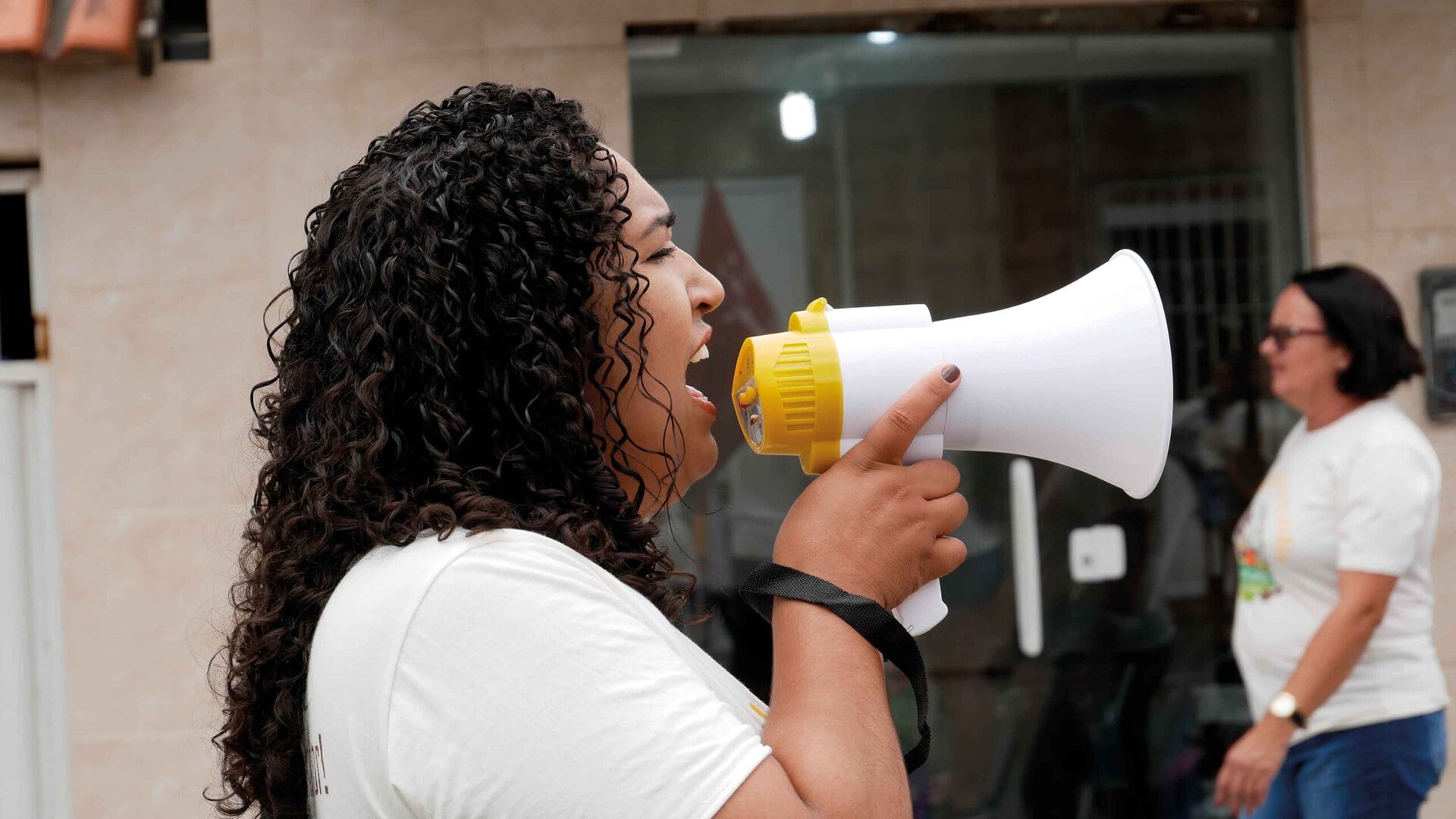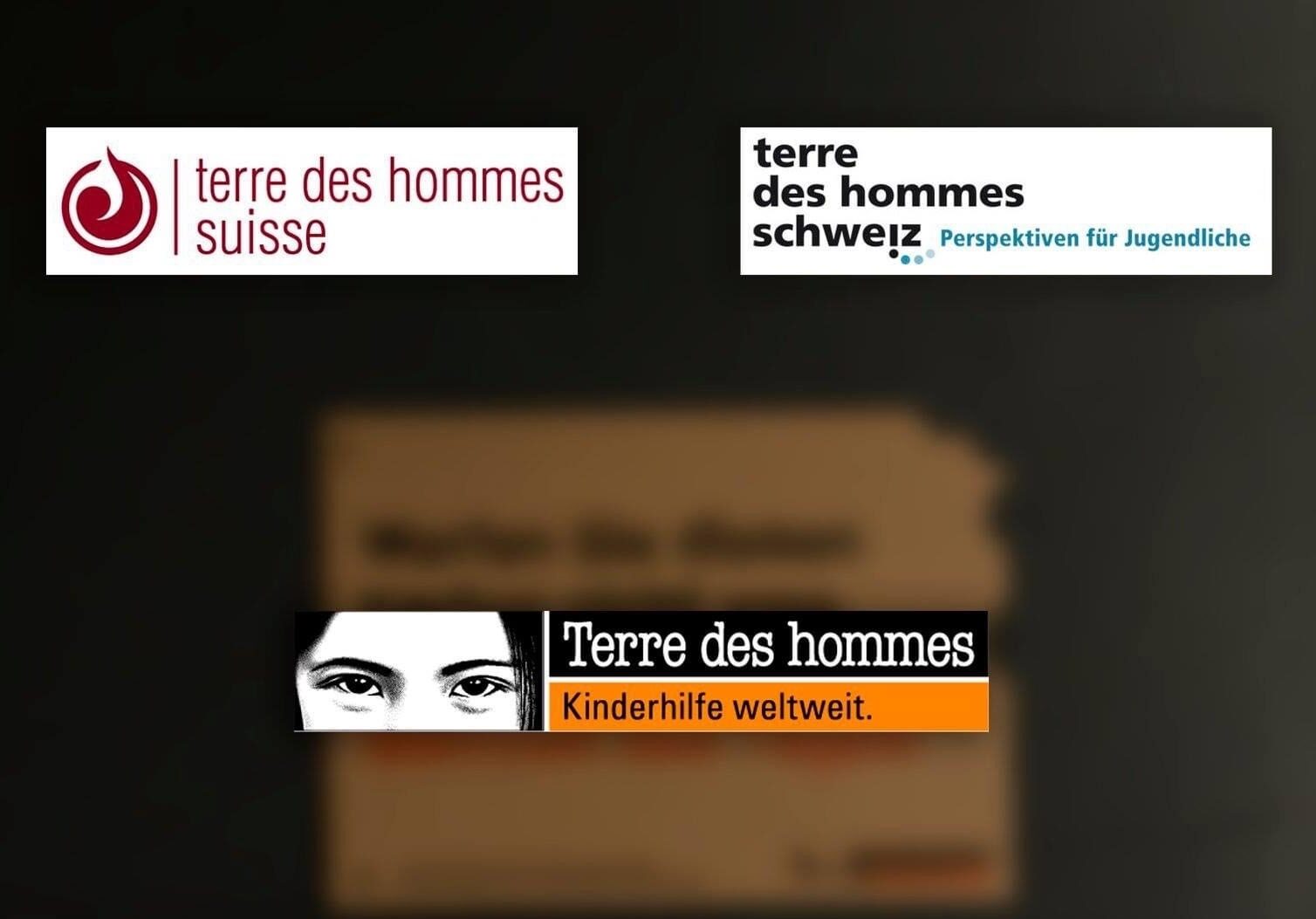Matabeleland South is one of the poorest regions in Zimbabwe. Young people who lose their parents here often take on responsibility for their younger siblings. As they have to earn money, they can hardly go to school and thus lose their prospects for the future. The youth camp run by the Esandleni Sothando Trust organization offers them a chance for a new start in this situation. Impressions from a project visit.
Markus Bütler, Program Coordinator Zimbabwe
Dust-dry scrubland, barren soils, a few cattle and the occasional mud hut with a thatched roof pass by the car window. After a long drive over bumpy dust tracks, through potholes and dry streams, we reach the village of Figtree in the Matabeleland South region in southern Zimbabwe. Our destination is a youth camp for 14 to 16-year-old orphans who live in so-called child-headed households (households run by children without adult care). It was organized by Beven Mwachanda and his organization Esandleni Sothando Trust (EST), which has been supporting terre des hommes schweiz for the past year. “Beven works where the road ends,” says the driver laconically, sounding as if he actually means “where there is no hope.”
A common place, just for them
We are now standing in front of the modest community center, inside which a tightly packed, cheerful group of young people, villagers and representatives of various local committees await us. We immediately realize that a particularly impressive experience awaits us here. Despite its sparseness, the room is lovingly decorated with pictures and objects that were created during the camp in group work. For example, the young people have just drawn a tree of life in which they have depicted their fears and worries, but also their hopes, goals and wishes.
Time to find each other
This alone is a special feature. The orphans from children’s households are among the most vulnerable young people in the region. The population of this remote, infrastructurally poor region is destitute. Hardly anyone has enough to live on. The risk of orphans being abandoned is very high here. They fight every day for their own survival and that of their siblings. There is no room in their lives for education or developing prospects for the future. At the youth camp, however, they have time to come to terms with their lives for the first time. Here they can tackle their traumas through experiential education and psychosocial support and get to know their own resources.
New experiences, new hope
50 young people live together during this week in the community center, where various games, exercises and courses take place during the day. Cooking takes place in the forecourt, where the young people now gather for trust games (trust exercises). We are impressed by the enthusiasm with which the young people get involved in the games, in which, for example, one person is carried by the group on their hands or through a kind of spider’s web without any help from them. The exercises demand a lot of confidence from everyone. Some are shy and have to overcome themselves to take part. Others are immediately euphoric. What is striking, however, is that in the end, everyone really enjoys it. The experience of being able to rely on each other unconditionally is completely new for them. The game promotes their social skills and helps them to overcome their fears.
Now we see so much light, hope and joy”
The afternoon in Figtree flies by. As short as the visit was, it left a lasting impression – for example, the modest financial outlay but all the greater personal commitment required to reach so many young people. “It is remarkable how deeply the methods used touched everyone’s hearts. Before, these young people seemed to have no future. But now we see so much light, hope and joy,” marvels an employee of the local child protection committee, “even representatives of the village population take an interest and want to support the orphans.” And so we drive away, deeply moved and knowing full well that the dirt road ends here. However, the young people have not found the end of their journey here, but the beginning.
About Beven Mwachanda and the Esandleni Sothando Trust
The biography of Beven Mwachanda reflects the fates of the young participants of the youth camp in Figtree. When he was 15 years old, his parents died of cancer in quick succession. As the eldest of three children, he took responsibility for the two younger ones. Alone and impoverished, they lived in a miserable little hovel. It was in this situation that 30-year-old Beven Mwachanda was given the opportunity to take part in a youth camp similar to the one he now organizes himself. “This camp changed my life forever,” he says. Through psychosocial support and guidance, he found his way back into life. He soon began to get involved in helping other children and young people. In 2003, he founded the Esandleni Sothando Trust (EST) to give young people in a situation like the one he once experienced a chance. EST is active in the districts of Empandeni and Figtree (around 10,000 inhabitants), where a good 1,800 orphans and vulnerable children live. Around 200 households are run by orphans. terre des hommes schweiz has been following EST’s work for two years and has been supporting it since the beginning of 2014.
To the article:
This article first appeared in the current terre des hommes schweiz newspaper, which you can download as a PDF at this link.
If you are interested in further news and want to stay up to date, please visit our newsroom or subscribe to our newsletter.



